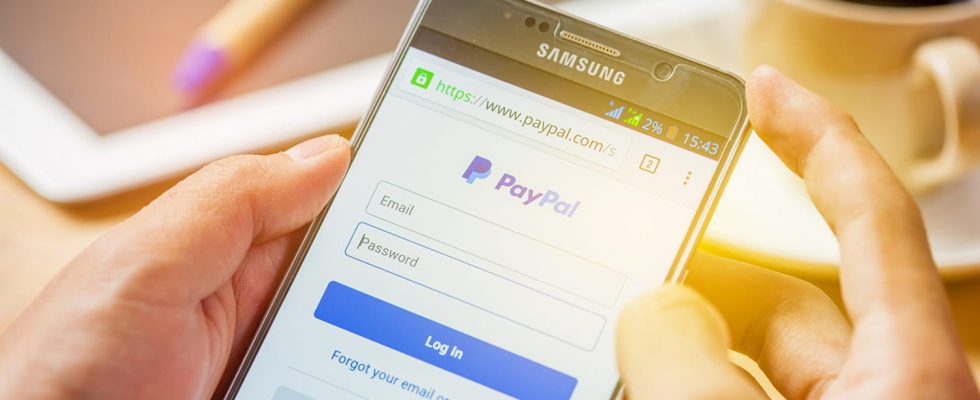Sales platforms like Leboncoin or the Facebook marketplace are full of scammers. Some even hijack the PayPal payment system to rob their victims. Mistrust is in order!
The various sales platforms between individuals, such as Leboncoin, Vinted or the Facebook marketplace are very practical for publishing, selling or buying products at a low price, while making a responsible and ecological gesture when it comes to second-hand items. But like everywhere on the Internet, scammers are on the lookout on its sites and apps, constantly finding new techniques to trick their victims. And right now, some have found a way to hijack the famous PayPal payment system to rob their victims of very large sums of money.
In principle, going through a third-party payment system like PayPal guarantees never to expose your bank details (account number, IBAN, credit card number, etc.). And it is precisely this security that reassures the users of this solution during their transactions on the Internet.
As reported 60 million consumers, a woman named Sylvie has put her coffee maker up for sale on the Facebook marketplace – the social network space where professionals and individuals can publish their offers very simply – for the modest sum of 45 euros. A potential buyer was quick to show up and offered to pay for the purchase via a PayPal transfer. The seller, who already had an account, didn’t mind. This is where the trap closed on her, because she unknowingly went through a fake PayPal site. AT because of this sophisticated scam, she lost more than 9,000 euros.
PayPal scam: a buyer too complacent to be true
Sylvie received an SMS from her buyer specifying the amount of the transfer – 45 euros plus postage and product reservation costs – and containing a link to the PayPal site. The problem is that it was a clone site that reproduced exactly that of the payment service. A message was displayed there, indicating that an advisor should contact her to help her make the link between the online platform and her bank, so that she receives the money from the sale directly in her bank account.
The victim did not take long to receive a call from a French number – which reassured her. At the end of the line, a so-called adviser from PayPal who explained to him, in a very professional way, the procedure. He started by asking him to enter his bank account credentials on a dedicated PayPal web page. Neither one nor two, he took the opportunity to add his bank details and to transfer the 9,000 euros in savings placed in Sylvie’s A booklet to the accomplice account. The latter, in confidence, even validated the security notifications sent by her bank and provided the scammer with the security codes. In total, she lost 9,100 euros…
PayPal scam: clone sites and fake advisors
This type of scam is very common and works on other sites for sale between individuals, such as Leboncoin. It was the case of Marie, who was relieved of 3,500 euros by means of recharges of PCS cards – rechargeable payment cards –, the scammer having set up a completely incredible story to deceive her. For its part, Vinted no longer accepts payments by PayPal – provoking the ire of users – since May 2023 (see our article). According to the Observatory for the Security of Means of Payment (OSMP) of the Banque de France, the amounts of fraud related to transfers have tripled in five years, from 78 million euros in 2017 to 313 million euros in 2022. “Individuals and small businesses will be the main victims in 2022. In fact, 70% of the amount of fraud targeted transfers initiated from online banking interfaces”he explains.
In the event of a transaction, it is imperative to go through the payment systems associated with the platform, which benefit from specific security and insurance. You should never leave the secure messaging platforms and never click on any link provided by e-mail or SMS. A few signs can serve as a warning signal. Thus, one should be wary when a buyer offers an additional payment to reserve the product, as this is usually a way to hook the victim. Similarly, emails purporting to be from PayPal but sent from a Gmail address or other email services, advising of receipt of payment via PayPal or requesting to send a tracking number to PayPal to collect the money are red flags. To report a suspicious email or site, send it to [email protected].
